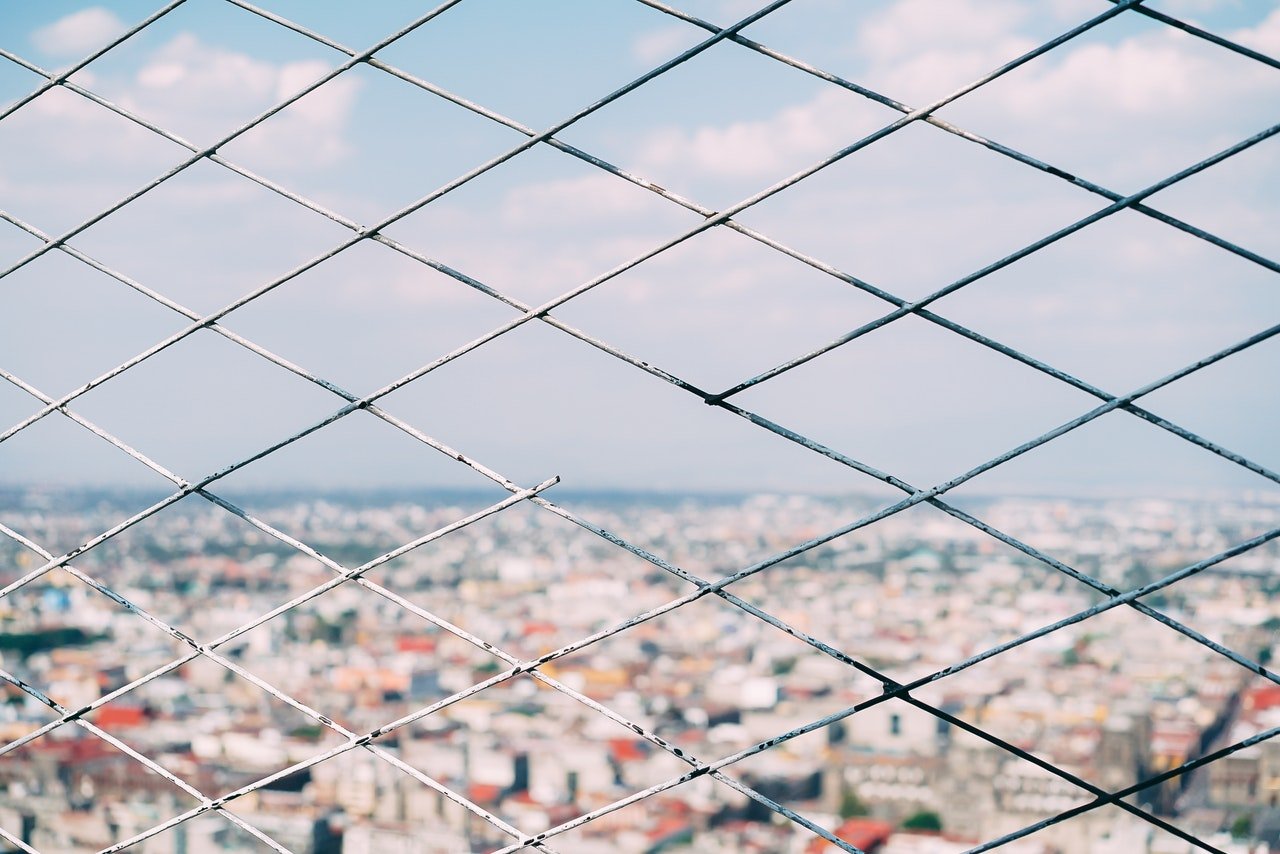
Photo by Ricardo Esquivel.
“It’s hard to meet anyone.”
It’s been six months since the lockdowns started here, and we’re on a FaceTime call with our niece. She’s in the States and has already started virtual school. They’re two weeks into classes and she says all they’ve done so far are icebreakers. We feel for the teachers. They are trying to build cohesion for a group of kids, most of whom have never met in person.
Her observation echoes. It’s hard to meet anyone. And the accompanying one: All we do are icebreakers.
Last week, The New York Times had a piece about how our social skills are atrophying. To be fair, before it was in the NYT, we wrote about it in this newsletter. The idea that we’re hungry for a core aspect of our humanity. Yes, at work. But also in general.
We look at it through the lens of work cause that’s where we spend a lot of our brain cycles. The Times writer interviewed people who specialize in the impacts of isolation. From prison and solitary confinement, to military deployments, and remote field research.
Those experts said a thing that cut deep. We’re both introverts. We like down time and quiet and sitting still on the couch. Remember those early pandemic memes? The ones that noted how, for the introverts, a little bit less socializing might not be such a bad thing after all.
Introverts aren’t immune to the social atrophy described in the piece. In fact, we’re the most susceptible to the long term impact of social isolation. The people who recognize they are missing social interactions and seek them out tend to fare better. The ones who go inward have a much harder time reintegrating as socialization resumes.
Tucked in the middle of the article is a sentence that sounds remarkably similar to the conversation with my niece.
“Many of us have not met anyone new in months.”
What’s the opposite of social distance? It’s not social closeness. It’s social spontaneity. Those serendipitous moments of inspiration and collaboration. Those happen most when humans are in close proximity to other humans.
And to bring it back to work, that social spontaneity is a core ingredient to our ability to be creative, generative, and innovative. If you’re finding it harder to access that toolkit right now, it’s because a key ingredient is missing.
Waiting it out isn’t an option. Which means there’s a set of things that need to jump to the top of our to do list right now.
Step one – You can’t rebuild in a burning building
Six months in, there is already serious damage to reckon with. No one, not one single person on the planet, has had a normal year. And it’s going to mess with your team’s ability to be socially spontaneous.
So. Back in April we told you to get proactive. To find out what mental health supports and programs were available to your team. And then to bring them up in every 1:1.
It’s time to do that again. Not with the people who you think need them, with everyone. Everyone needs mental health and you want to aim for 100% coverage here. Some folks are very good at concealing their struggle, and many worry about stigma. It’s so easy to say, “We’re six months in so this week I’m reminding everyone about these resources we offer.”
And on top of the difficulty we’re all having, some of your people are carrying another load. The racial justice protests that started in the spring haven’t stopped. Neither has police violence towards Black people. In June your Black employees saw you post #BLM on social media, and commit to changes in your company. A question to ask yourself, now that it’s September, is: is that work still happening? When was the last update to the team? Now that the media has moved on (even as the marches –and the murders– continue), it’s on us as leaders to show that Black lives still matter.
Human relationships need safety, and trust. That’s step one.
Step two – Remembering how to be our best selves
Some of the companies we work with are lucky enough to be growing during all this. In a few cases, almost half the company are post-COVID hires. People who live in the same city but have never met their coworkers. Who applied, interviewed, received an offer, accepted, celebrated, and onboarded during lockdown.
In normal times, this describes any remote worker. But in normal times the rest of us can make the effort to pull that person in. In normal times we’d understand how isolating it can be to be new, and at a distance. It might still feel awkward. But we’d send some welcome emojis in slack and suggest a quick call to help them get situated. We wouldn’t feel so depleted that the idea of another zoom call with a stranger made us want to cry. In normal times we’d have been our best selves.
Few of us feel like we have the energy to be our best selves right now. But as a boss you still have a job to do. The pandemic is not this person’s fault. They draw motivation from the same stuff we all do, and a key element of that is our relationships. It’s not your job as a boss to be everyone’s friend. But it is your job to set the people in your organization up for success.
That job doesn’t stop with the new hires, either. Hands up if you’ve found that you’re keeping your head down more these days? If you’re focused more on your own team’s work and less on what other people are up to? Isolation and siloing is a natural response to overwhelm. It doesn’t make you a bad person. But if the team is going to unclench their teeth and relax their shoulders, many of them will need you to go first.
As a boss you have more of the context that your team needs. You’re in different meetings, you have different access. But many bosses have stopped using that access. They’ve been in their own protective isolation silos, and it’s time to get back out of them. Your team needs you investing in cross-team relationships again. They need you to have broader situational awareness again. Where you can reduce unpleasant surprises because you’re in more conversations, and have a more complete picture.
And this will mean more awkward zoom calls. Some of you will be rebuilding muscle that has atrophied more than you realized. It will be surprising how weird you feel talking to people. You may rush to finish the calls early just for the relief of hanging up.
Keep going. It will get better. And you will feel more like your best self. Or at least more… normal. Because it’s been way too long.
– Melissa and Johnathan






